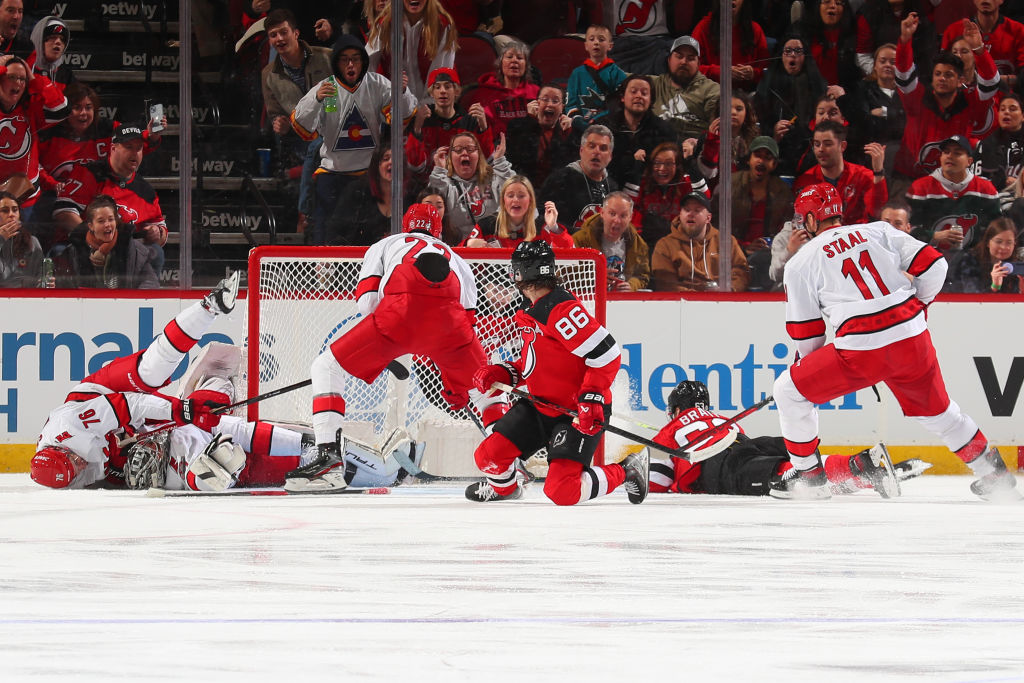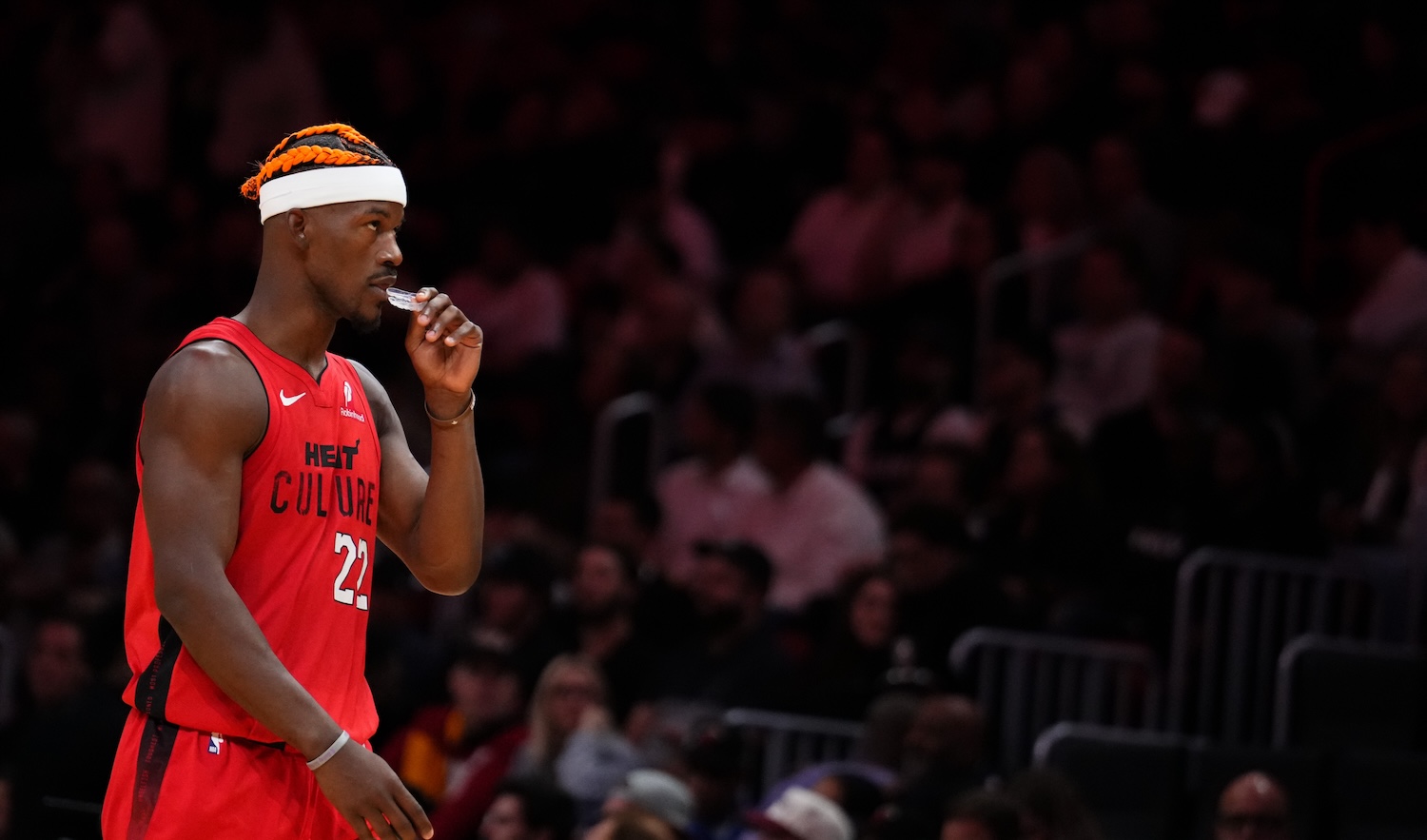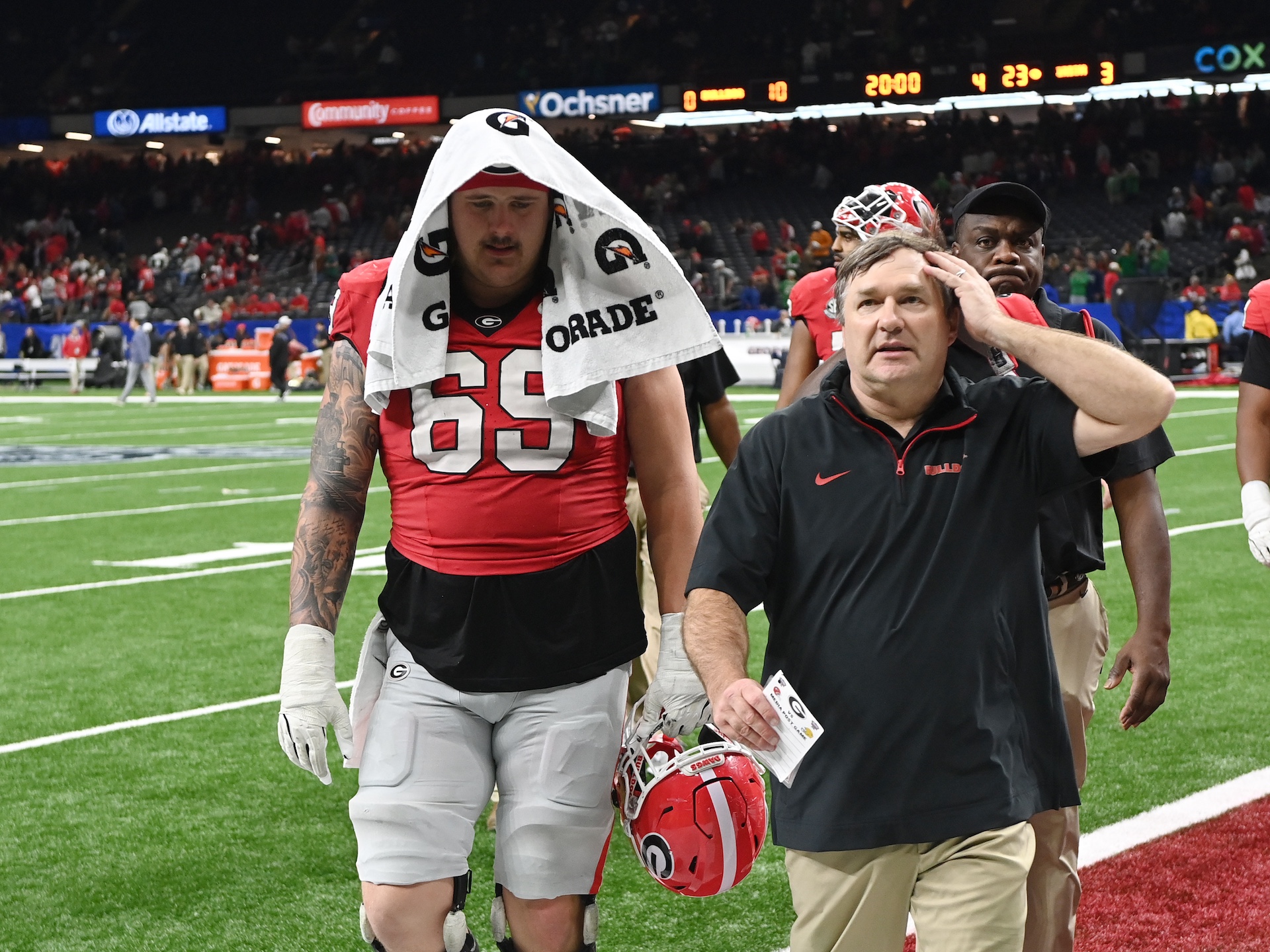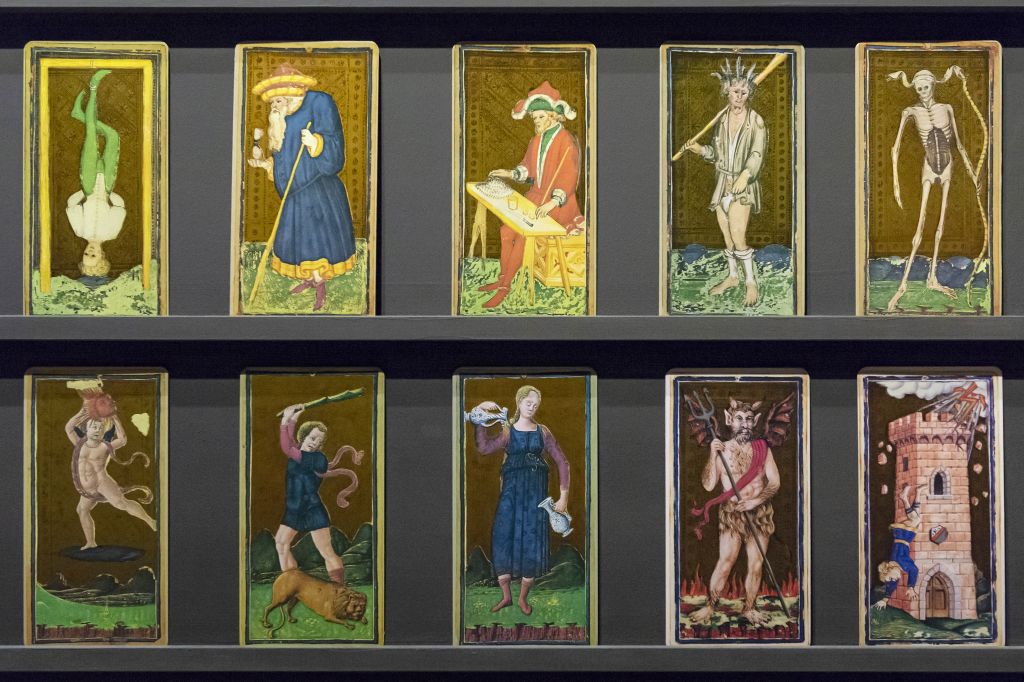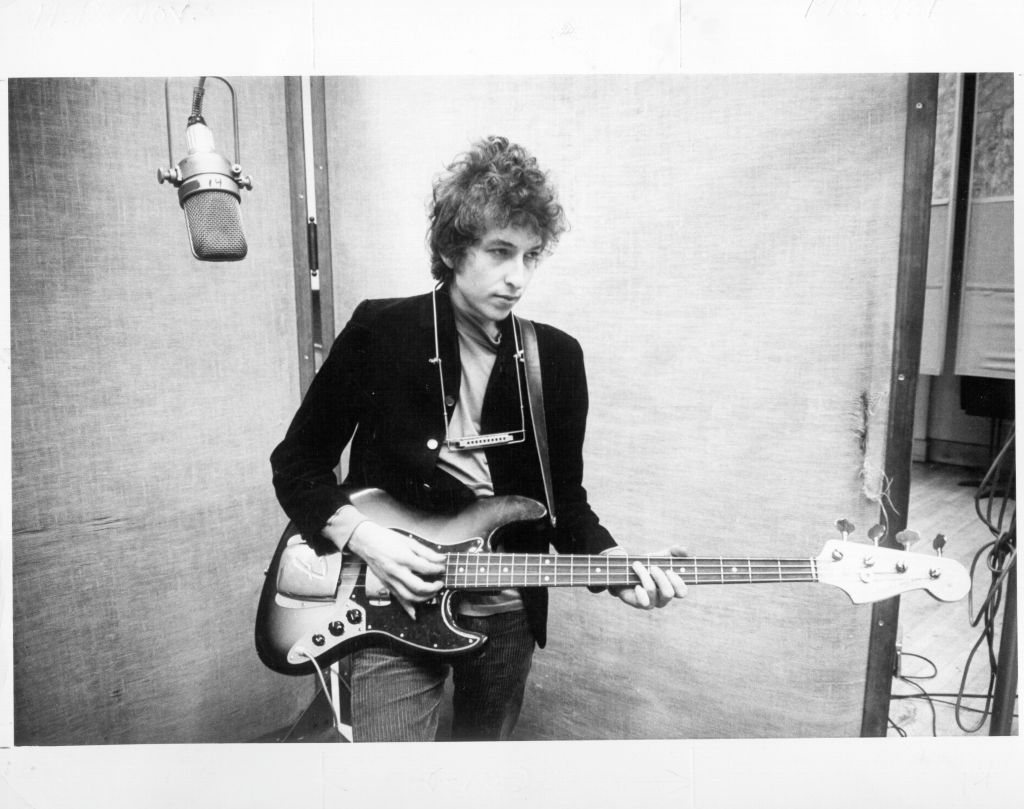To hockey fans of a certain age, the New Jersey Devils represent boredom. When they came to prominence in the pre-lockout era, they did so by building off a boulder at goalie in Martin Brodeur and a bunch of physical defenders and a scheme that devoted itself to stopping the other team from smoothly entering the offensive zone. The goals came when they came, and New Jersey was forced to stand defiant in the face of jeering fans who longed for the wild scoring that had defined the late '80s and early '90s, when Gord from Abbotsford could get off the barstool at five and have a hat trick by nine.
"You can criticize us," Conn Smythe winner Claude Lemieux said after the franchise's first title in 1995. "We heard all the stuff about the trap, and everything. But if you don't like our style, well, too bad, go watch a show somewhere else."
In 2000, when the Devils won their second of three Cups, Patrik Elias and Petr Sykora helped put numbers on the board in a league struggling through a more widespread goal drought. But the reputation for dullness persisted through multiple coaching changes. As he was leading the team to glory in 2002–03, Pat Burns seemed pretty peeved about the desire for higher scores:
"I'm sick of it," Burns told reporters. "I keep reading that we don't score goals because of my system. Do you think I tell guys not to score goals? Do you think I tell them, 'Don't score more than one goal because that's not my system?' I've never told anybody that. Ever. We want to score goals. We want to win, 6-0. Do you think people want to see Mario Lemieux score seven goals? Do you think people would leave happy and say, 'Wonderful. Mario Lemieux scored seven goals.' No. Because we wouldn't win the game. They wouldn't be happy because the Devils lost. They want to see us win. I'm sick of the criticism."
Lindy Ruff, current head coach of the Devils, has had to make no such apologia for his tactics this season. As the Devils surge into the playoffs for the first time in five years, they've done so with exciting, effective work at both ends of the ice. They're fourth in the league in both shots per game and goals per game, and with their coterie of young rascals in the forward group, this team is overflowing with energy that they convert into chances off turnovers.
On Sunday, the Devils clobbered the division-leading Hurricanes, 3-0, and each goal they scored was representative of this squad's breakneck charm. In the first period, Jack Hughes swarmed two Canes in their own zone, forcing them to give up the puck and then firing on net without hesitation for the early lead.
Mr. Steal Yo Puck pic.twitter.com/ZJPib78xwP
— New Jersey Devils (@NJDevils) March 12, 2023
Then, in 4-on-4, a good check at the Devils' own blue line by Jonas Siegenthaler helped create a Dougie Hamilton interception. Hamilton pushed the puck forward to the tandem of Hughes and Jesper Bratt (combined age: 45), and their quick, pinpoint passing made the scoreboard number crooked.
Finally, in the second, Hughes's penchant for forechecking reached its logical conclusion. When Carolina goalie Pyotr Kochetkov took just a little too much time handling the puck, Hughes blew up the play and set up Bratt (who had already hustled into good position at the red line) for a merciless third goal.
When Hughes and Bratt are buzzin’ the storm is nothin’ pic.twitter.com/9Umalk4XXm
— New Jersey Devils (@NJDevils) March 13, 2023
Ever since the Devils went on a tear back in November, fans have braced themselves for a comedown, where this mostly inexperienced group finally hits a wall and drops back in the standings. That happened a bit over the holidays, but here in March, after a trade deadline that saw them acquire the best forward on the market, the Devils look as strong as ever, with wins in seven of their last nine. After Sunday's triumph, they're just a half-game back of the Hurricanes for first place in the Metro, which would give them both an easier first-round matchup and home ice in the second round. Their opponents had better hold on to their pucks.
